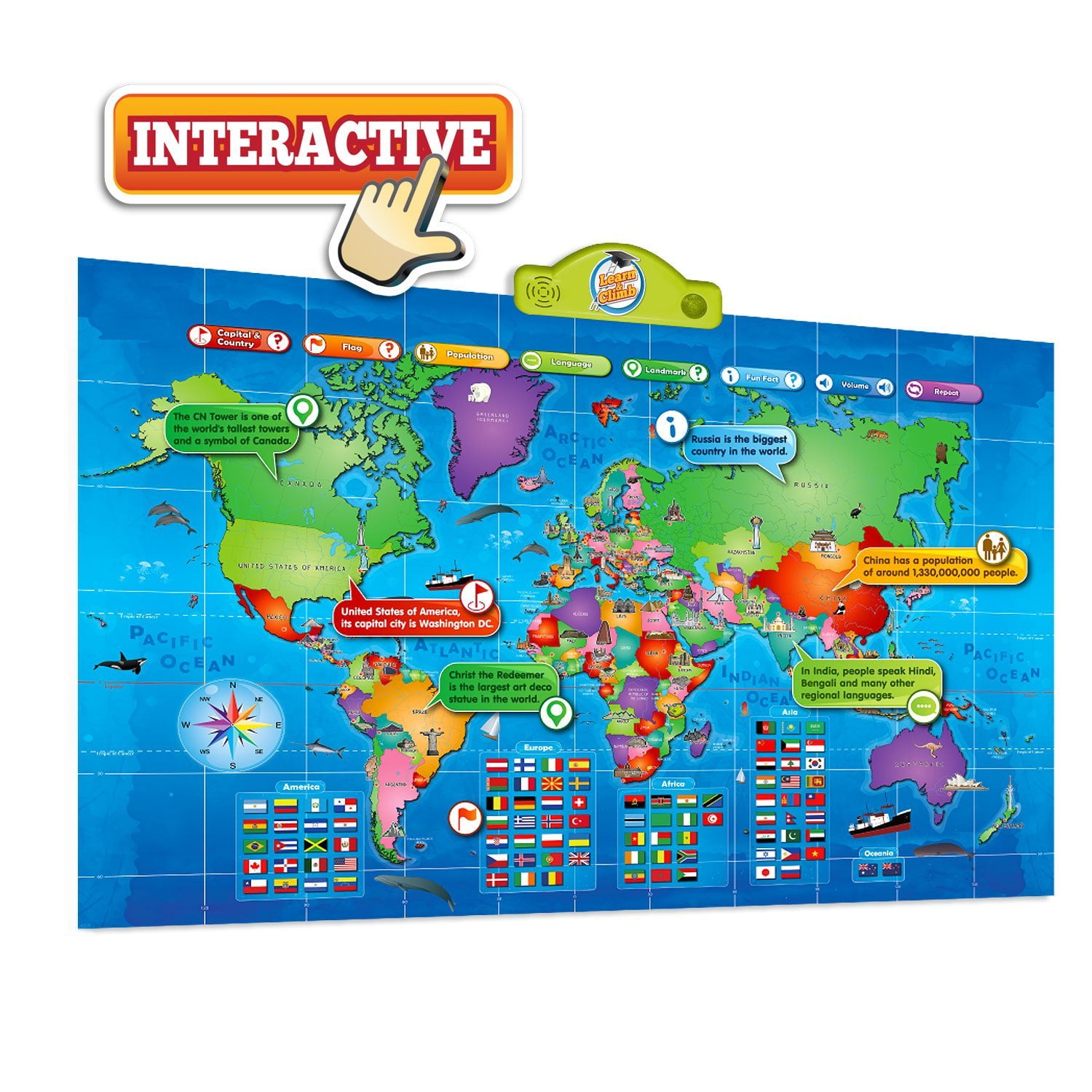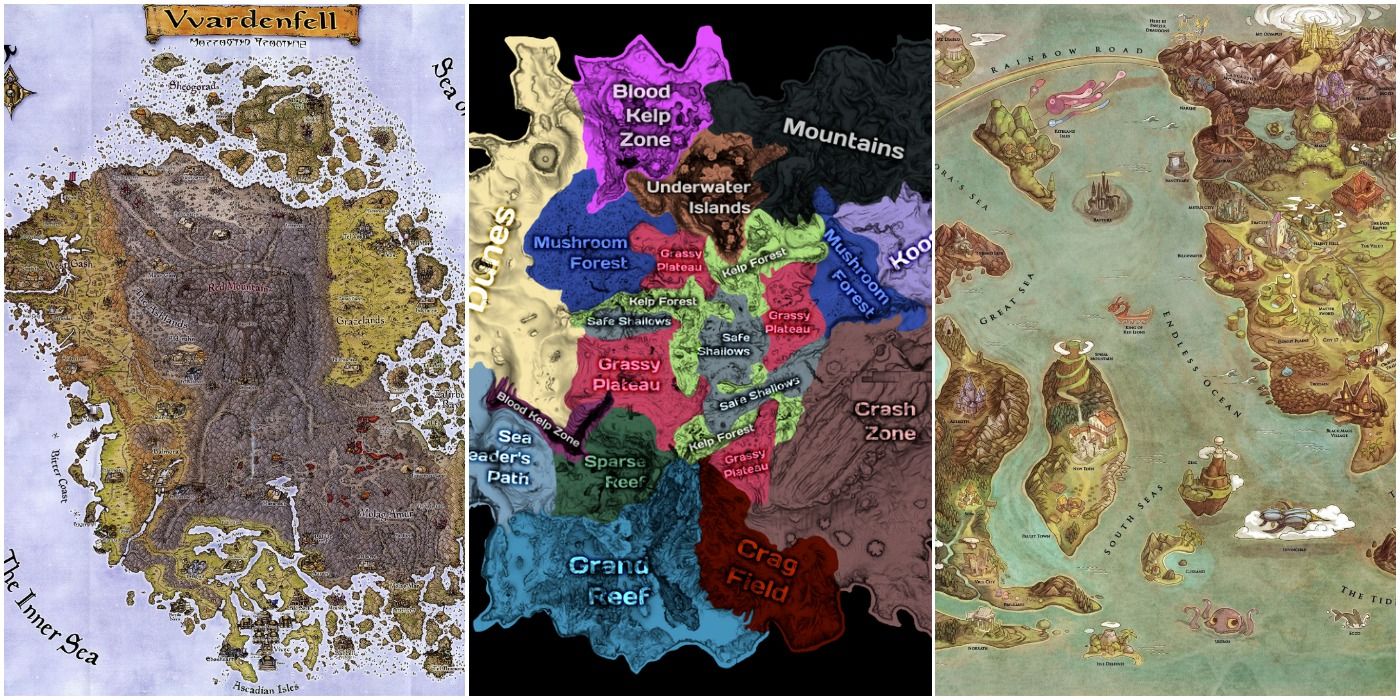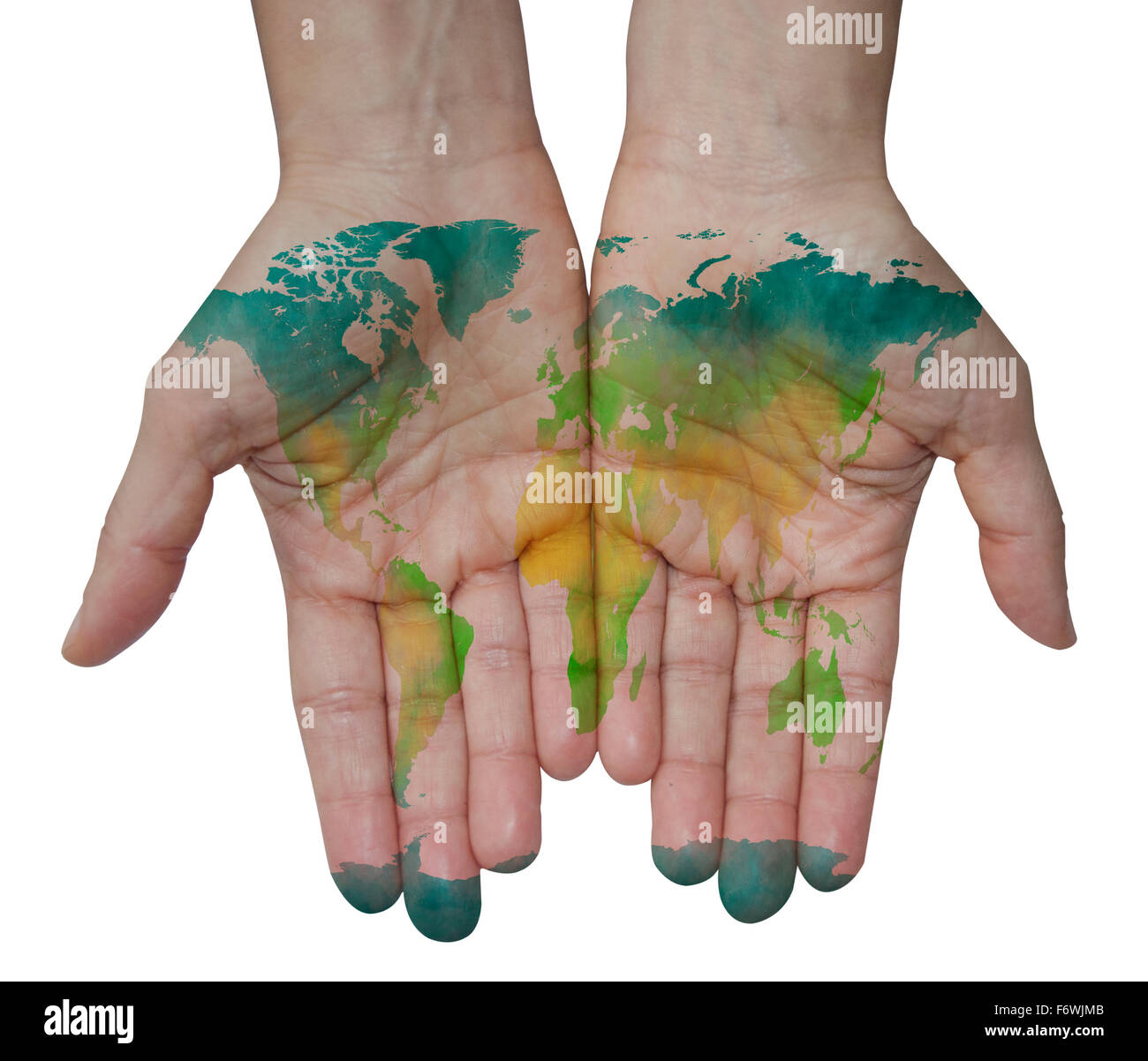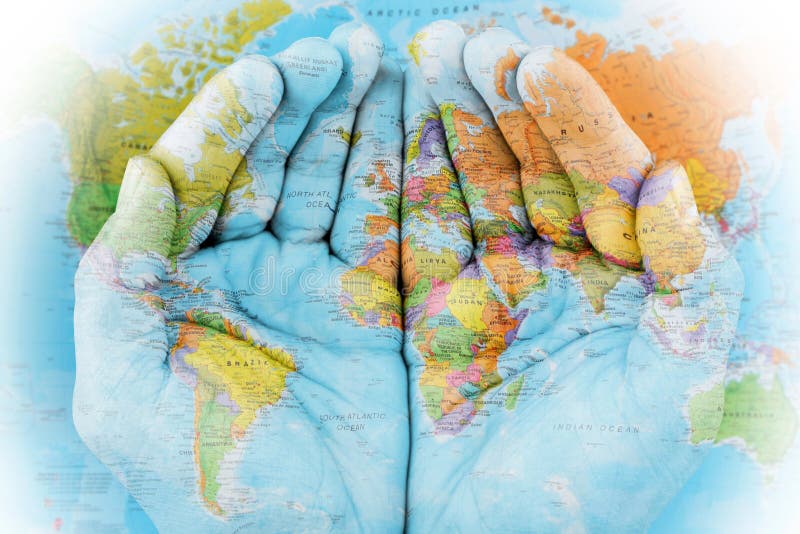The World in Your Hands: Exploring the Intricacies of Map Games and Their Countries
Related Articles: The World in Your Hands: Exploring the Intricacies of Map Games and Their Countries
Introduction
With great pleasure, we will explore the intriguing topic related to The World in Your Hands: Exploring the Intricacies of Map Games and Their Countries. Let’s weave interesting information and offer fresh perspectives to the readers.
Table of Content
The World in Your Hands: Exploring the Intricacies of Map Games and Their Countries

Map games, a captivating genre of board games, have captivated players of all ages for decades. Their appeal lies in the ability to strategically conquer territories, build empires, and navigate the complexities of a world, albeit a miniature one, at their fingertips. These games offer a unique blend of strategy, diplomacy, and chance, fostering both individual skill and collaborative play.
At the heart of any map game lies the concept of countries. These are not mere geographical entities but become dynamic players in the unfolding narrative of the game. Each country holds a unique set of characteristics and attributes, influencing its role in the larger strategic landscape.
Understanding the Anatomy of a Map Game Country
Countries in map games are meticulously designed, encompassing a range of factors that contribute to their strategic value and gameplay impact:
- Geography: The physical features of a country, such as mountains, rivers, coastlines, and deserts, play a crucial role in its defense and offensive capabilities. Mountainous terrain can provide natural barriers, while rivers may act as chokepoints or routes for transportation.
- Resources: Countries possess various resources, such as oil, coal, or timber, which are essential for economic growth and military production. The abundance and type of resources influence a country’s strategic potential and its ability to sustain itself.
- Population: The size of a country’s population directly affects its military strength and economic output. Larger populations can field larger armies and generate greater economic power, while smaller populations may rely on strategic alliances or technological advancements.
- Technology: Some map games incorporate technological advancements, allowing countries to develop new weapons, improve infrastructure, or enhance their economic efficiency. Technological progress can drastically alter the balance of power and create new strategic possibilities.
- Culture: In certain map games, countries may possess unique cultural traits, such as a strong military tradition or advanced diplomacy, which can influence their gameplay approach and interactions with other countries.
Beyond the Board: The Importance of Map Game Countries
The careful design and implementation of countries in map games serve a crucial purpose: to enhance the depth and complexity of the gameplay experience. By understanding the strengths and weaknesses of each country, players can develop strategic plans, forge alliances, and navigate the challenges of a dynamic world.
Benefits of Map Game Countries:
- Strategic Depth: The diverse characteristics of countries introduce complexity and require players to think strategically about resource management, military deployment, and diplomatic maneuvering.
- Realism: Map games often draw inspiration from real-world geography and history, providing a sense of realism and immersion for players. By understanding the unique attributes of countries, players gain a deeper appreciation for the historical and geopolitical factors that have shaped the world.
- Educational Value: Map games can serve as a fun and engaging way to learn about geography, history, and global politics. Players develop a sense of spatial awareness, understand the dynamics of international relations, and gain insights into the complexities of world affairs.
- Social Interaction: Map games foster social interaction and collaboration. Players must negotiate with each other, forge alliances, and work together to achieve common goals, promoting communication and teamwork skills.
FAQs about Map Game Countries:
1. What are some of the most iconic map game countries?
Some of the most iconic map game countries include:
- Russia (Risk, Axis & Allies): Known for its vast size, abundant resources, and strong military potential.
- Germany (Risk, Axis & Allies): A powerful nation with a strong industrial base and a history of military prowess.
- Japan (Risk, Axis & Allies): A strategically located island nation with a focus on naval power and technological advancement.
- Egypt (Civilization): A country with a rich history and a strategic location in the Middle East.
- India (Civilization): A vast and populous country with a strong cultural heritage and a growing economy.
2. How do countries differ in different map games?
Countries in different map games can vary significantly in their characteristics and gameplay impact. Some games focus on historical accuracy, while others emphasize strategic balance. For instance, in Risk, countries are primarily defined by their size and location, while in Civilization, countries possess unique cultural traits and technological advancements.
3. How do I choose the right map game country?
Choosing the right map game country depends on your preferred playstyle and strategic goals. Consider the following factors:
- Strengths and Weaknesses: Understand the unique attributes of each country and how they align with your desired strategy.
- Starting Position: Assess the strategic advantages and disadvantages of each country’s starting position.
- Resource Availability: Consider the resources available to each country and their importance for economic growth and military production.
- Gameplay Style: Choose a country that complements your preferred playstyle, whether it’s aggressive expansion, economic development, or diplomatic maneuvering.
Tips for Playing Map Games with Countries:
- Study the Map: Familiarize yourself with the geography of the game board and understand the strategic significance of different regions.
- Analyze Country Strengths and Weaknesses: Identify the unique advantages and disadvantages of each country and develop strategies based on their strengths.
- Plan Ahead: Develop a long-term strategy for expanding your territory, developing your economy, and building a strong military.
- Consider Alliances: Forge alliances with other players to increase your power and protect yourself from rivals.
- Adapt to Changing Circumstances: Be flexible and willing to adapt your strategy as the game progresses and the balance of power shifts.
Conclusion:
Map game countries are the building blocks of a captivating and strategic gameplay experience. Their unique characteristics and strategic importance contribute to the depth, complexity, and realism of these games. By understanding the intricacies of map game countries, players can develop informed strategies, forge alliances, and navigate the challenges of a miniature world at their fingertips. Whether you are a seasoned veteran or a newcomer to the world of map games, exploring the diverse and dynamic nature of these countries will undoubtedly enhance your enjoyment and appreciation for this captivating genre.








Closure
Thus, we hope this article has provided valuable insights into The World in Your Hands: Exploring the Intricacies of Map Games and Their Countries. We hope you find this article informative and beneficial. See you in our next article!